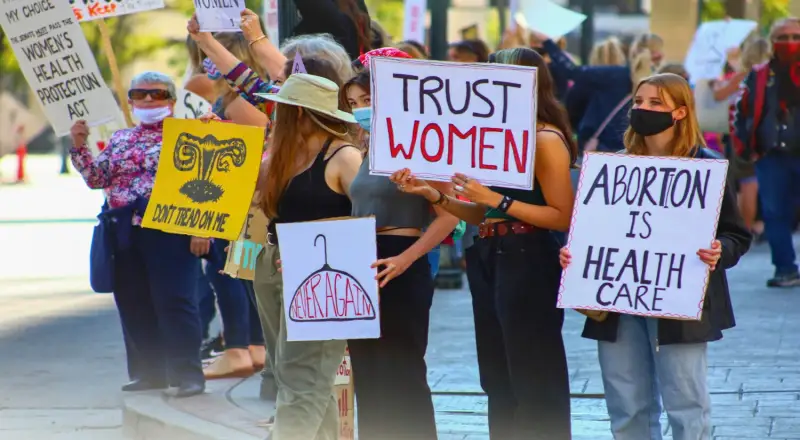Top 10 Current Events and Social Issues
2024
votes
voters
views
items


Climate change is one of the most significant global challenges today. The increasing frequency of extreme weather events, rising sea levels, and efforts to reduce carbon emissions are driving international discourse. Global initiatives like the Paris Agreement aim to mitigate environmental damage, while activists call for more immediate action.

The wealth gap between the rich and the poor is widening, especially in the wake of the COVID-19 pandemic. Discussions about universal basic income, wage stagnation, and workers' rights have intensified. Economic inequality also intersects with social issues, influencing access to education, healthcare, and housing.

Mental health has become a growing concern, exacerbated by the pandemic. Increased rates of anxiety, depression, and burnout are particularly notable among teenagers and young adults. Efforts to destigmatize mental health issues and improve access to care are becoming more central in public discourse.

The fight against racial inequality remains a key issue in many countries. Movements like Black Lives Matter have drawn attention to systemic racism in law enforcement, education, and employment. Protests, policy reforms, and calls for justice continue to challenge deep-seated racial disparities.

Women's rights remain a critical issue, particularly regarding reproductive rights, pay equity, and representation in leadership roles. Movements like #MeToo have highlighted sexual harassment and gender-based violence, while many countries continue to fight for equal opportunities for women.

Many nations are experiencing deep political divides, often fueled by misinformation, social media, and partisan news. Political polarization complicates discourse on everything from healthcare to climate policy. This divide has led to increased tensions between different ideological groups.

Immigration policies and the treatment of refugees are under intense scrutiny. Ongoing conflicts, climate change, and economic hardships have forced millions of people to flee their homes, sparking debates over asylum policies, border security, and international humanitarian responsibilities.

As artificial intelligence continues to develop, ethical questions surrounding its use in areas like surveillance, military applications, and employment are becoming more urgent. Issues of privacy, data security, and the potential for bias in AI systems are also leading to calls for stricter regulations and responsible AI development.

The ongoing disparities in access to quality healthcare have become more pronounced, particularly following the COVID-19 pandemic. These inequalities are often seen in marginalized communities, where individuals face barriers such as lack of insurance, geographic isolation, and financial constraints. The discussion around universal healthcare, telemedicine, and equitable distribution of resources continues to gain momentum. Advocates are pushing for reforms that ensure everyone, regardless of their socioeconomic status, has access to essential health services, including mental health care and preventative treatments.
